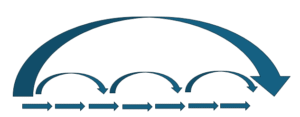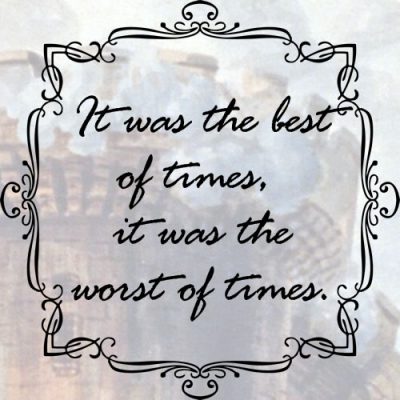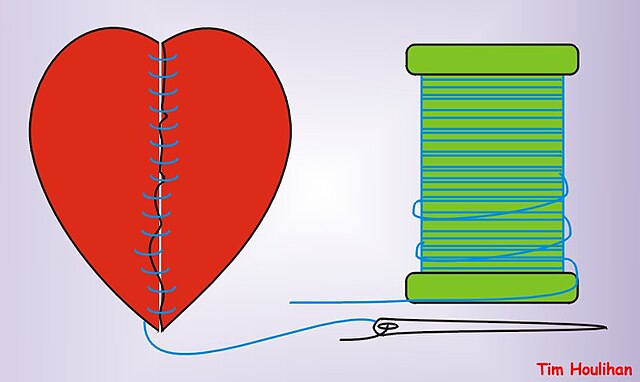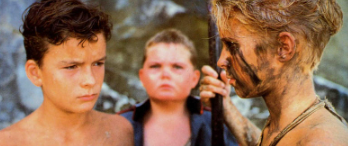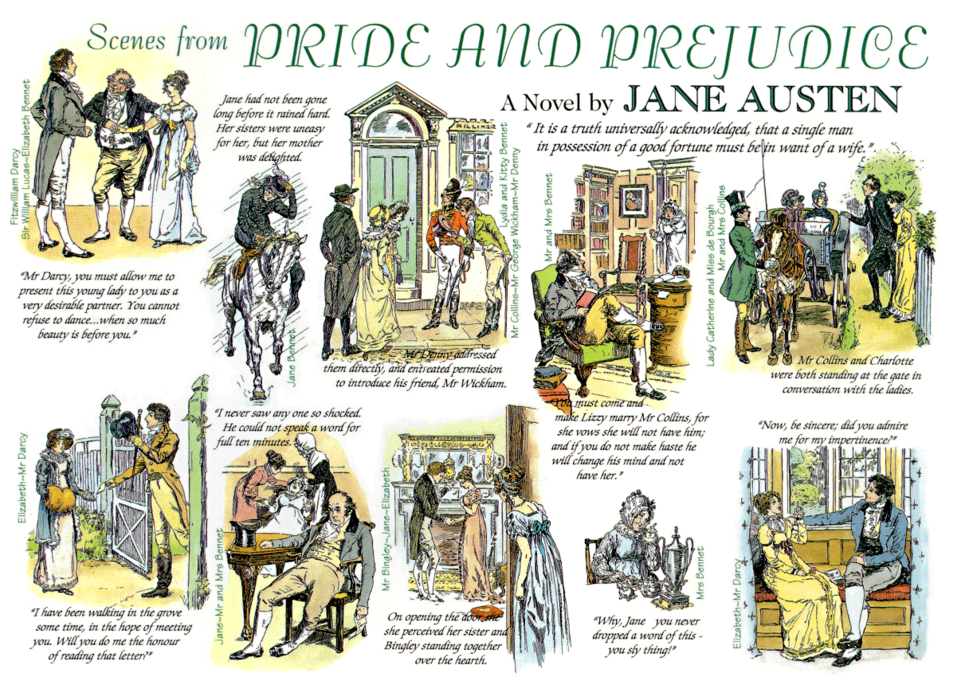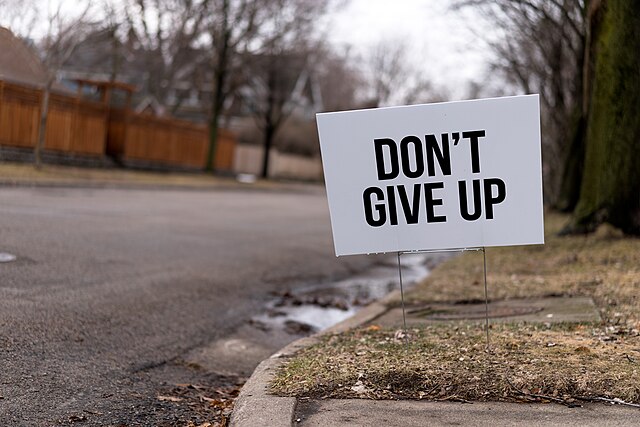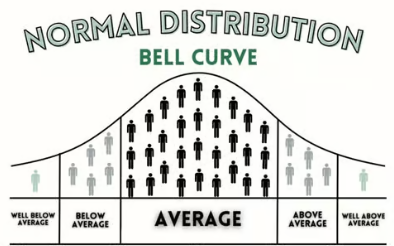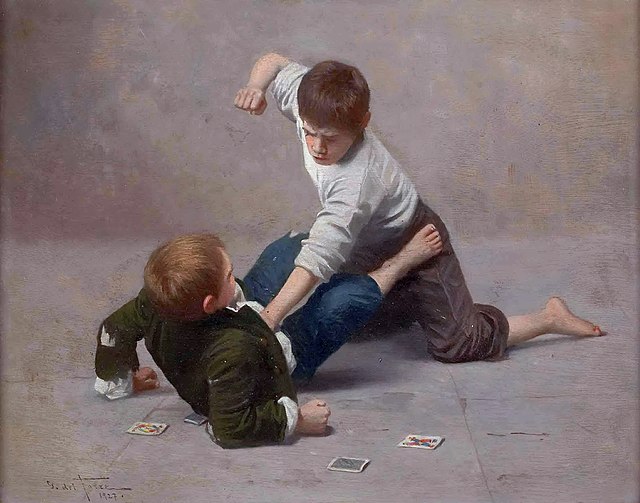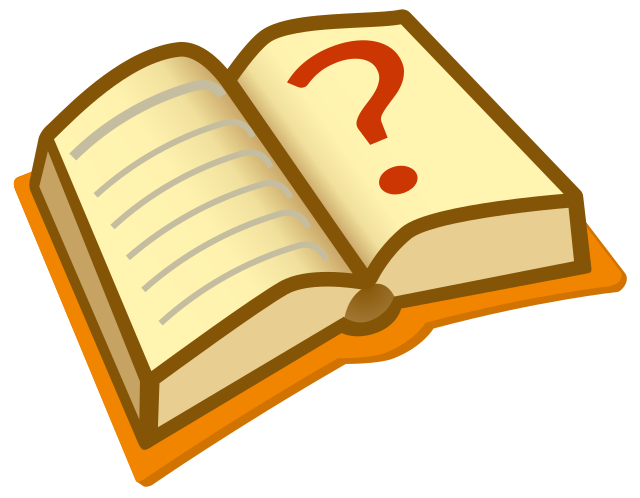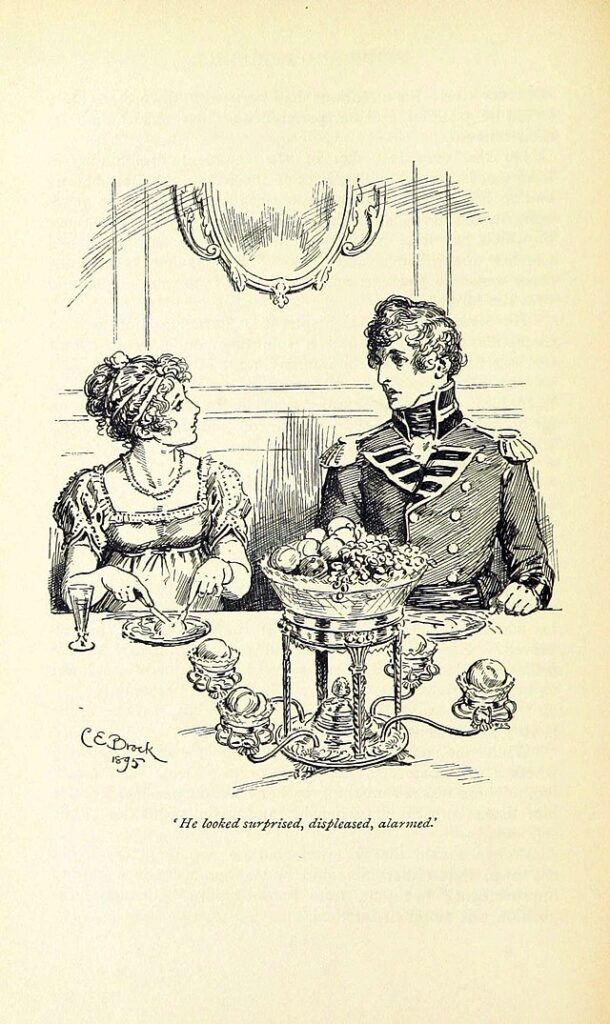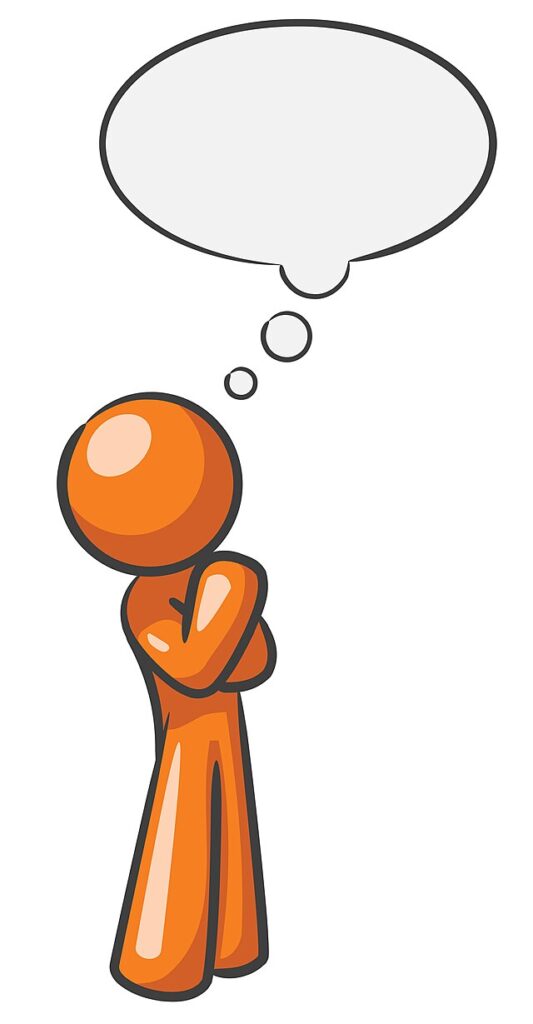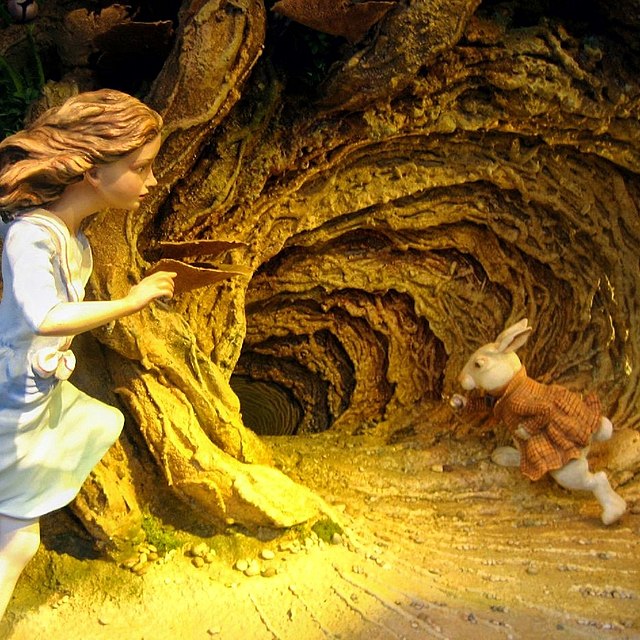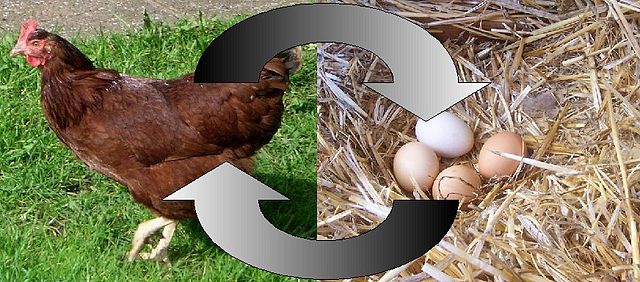
How can questions drive plot? Here’s a summary of what I’ve learned.
Un-put-downable books utilise these types of questions:
The long (big) question: this is the novel’s overarching question which can be used in your elevator pitch and is answered by the end of the novel, e.g. Will Gatsby win Daisy?
Mid-length questions: propel the reader into the next chapter.
Short questions: are answered in the next sentence or paragraph.
The attention-grabbing ‘Hook’:
Hooks are often what/why/will questions which are usually implicit rather than explicit. They’re the questions readers ask themselves within the first couple of pages (often after reading the first line), e.g. “You better not never tell nobody but God” from The Colour Purple poses the questions: Who’s talking? Who are they talking to? And, crucially, what shouldn’t they reveal to others?
Tip: Amazon’s ‘Read Sample’ option is a great way to study opening pages for their hooks!
The Hero’s Journey (Campbell/Vogler)
ACT 1: What is the protagonist’s ‘natural world’/status quo situation? What is the inciting incident that changes everything? What factors make them ‘cross the threshold’ into the ‘new world’ and what is this new world like?
ACT 2: Who is the ‘mentor’ character and what do they suggest or give? What is the protagonist’s first challenge? Temptation? Darkest moment, i.e. the worst thing that can happen to them?
ACT 3: What’s the final, big conflict scene? What does the protagonist’s ‘road home’ look like? How has the character changed/what have they learned?
Other questions to consider:
How do you want the reader to feel at different points throughout the novel, including after the final page?
What makes your protagonist relatable? Why should the reader invest in them for 300 pages?
Do they have key strengths and weaknesses? e.g. Sherlock Holmes’s intelligence vs his addictive nature.
Does your character have both external conflict and an internal conflict? External can be thought of as character vs other character/s; character vs society (e.g. 1984, The Hunger Games, The Handmaid’s Tale); character vs nature/technology/the law etc. It’s sometimes called the antagonistic force. Internal is the character vs themself (their flaws, weaknesses, self-doubt etc).
How do you ramp up the tension throughout the novel? Have you considered what your character would find most challenging in a given scene/situation?
Experience
I’ve been trying to answer these questions in relation to my current work-in-progress and it’s really helping, both to drive my scenes and to reassure myself that I’m on the right track. I often go back to the ‘long’ question to check I’m staying focused on the big picture/end goal.
Final Thoughts
What key questions do you ask yourself as you’re planning/writing/editing?
Have I missed any important questions?
Which questions will you find useful to apply going forward?
Structuring Scenes
How to craft scenes with purpose
I watched another excellent webinar recently. The content was helpful as both a planning tool and as an editing tool. Scene structure mimics story structure, but on a…
On The Honest Authors’ podcast, Gillian McAllister once mentioned that she was asked, “Do you really think that?” about something controversial she’d written in one of her novels….
Bear With Me! Okay, this is probably a weird analogy but this is how my (bird-brained!) mind works. So, in terms of the title question, I’ve thought long…
